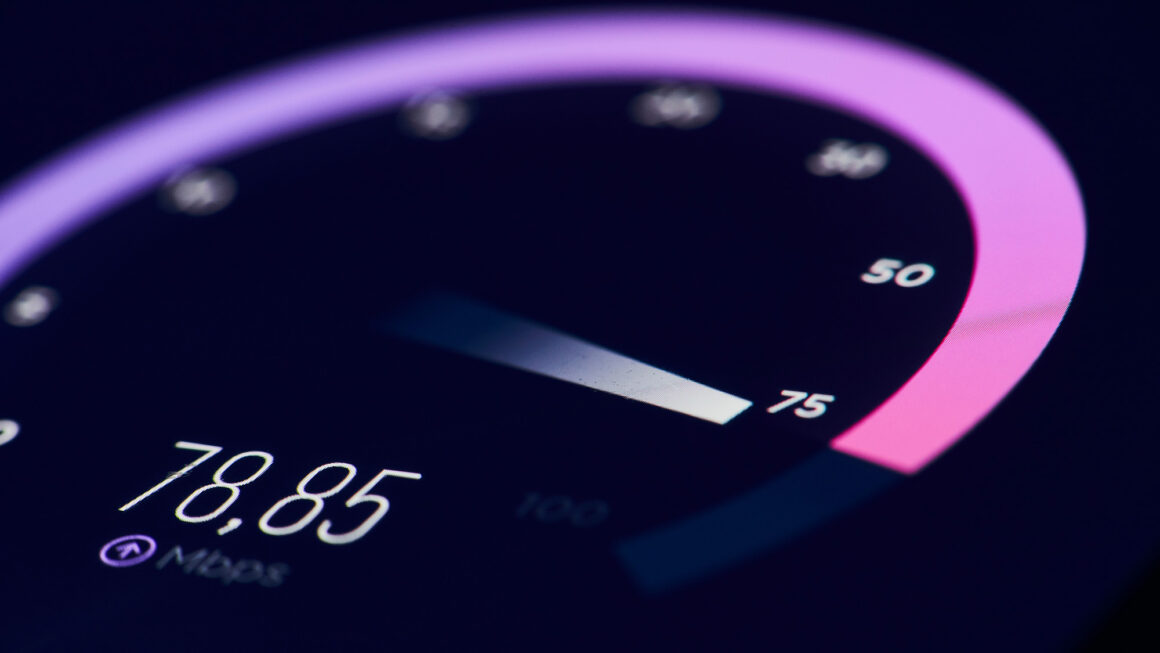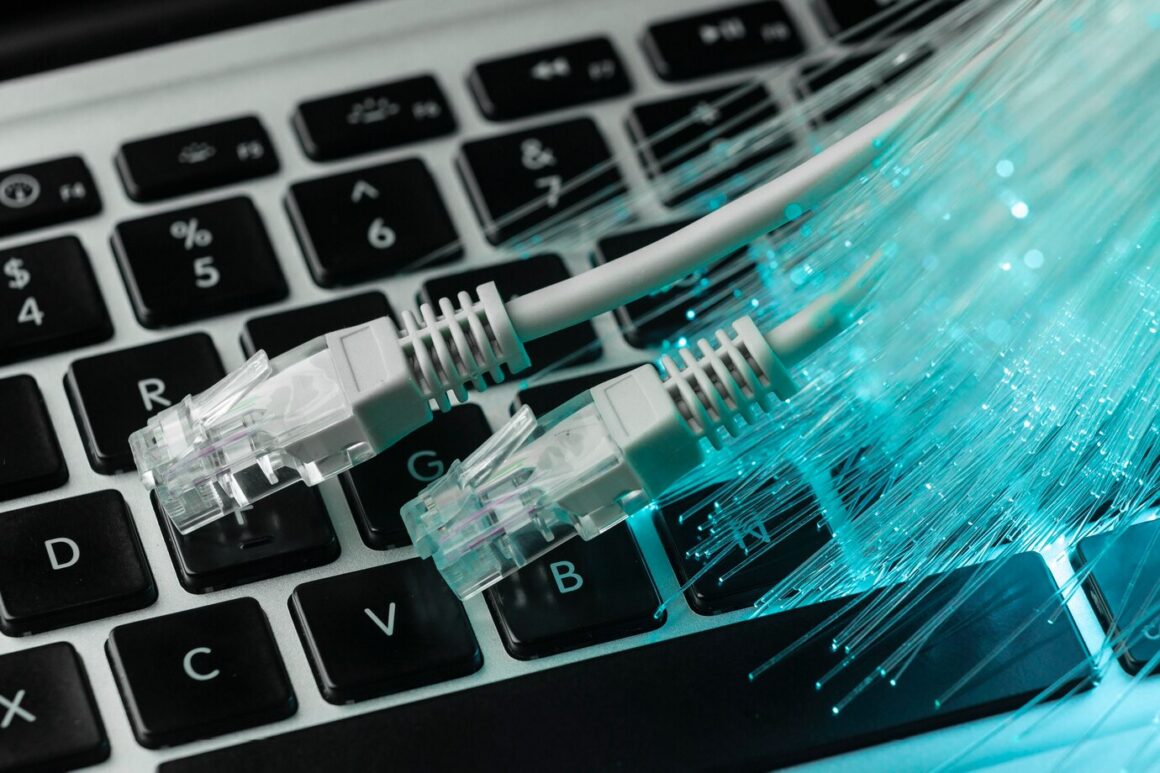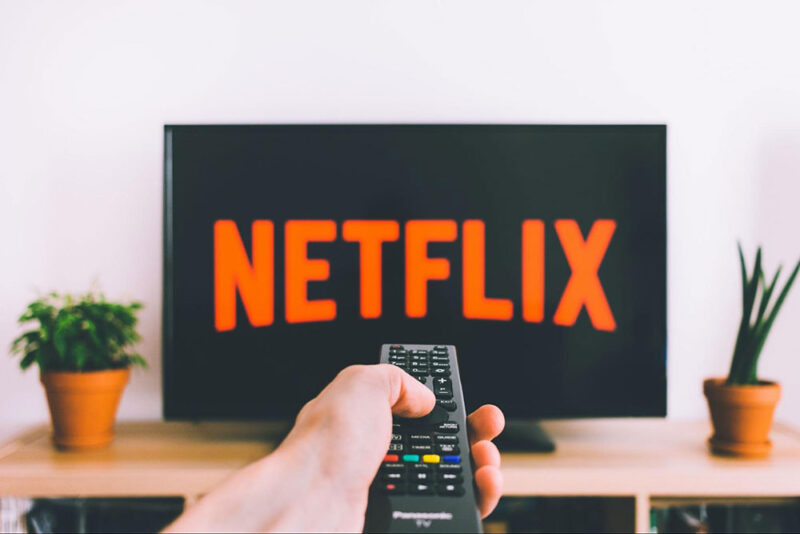Streaming IPTV delivers a seamless way to access live TV and on-demand content, but the quality of your experience depends heavily on your internet speed.
Understanding the required bandwidth ensures smooth viewing without interruptions like buffering or lag.
Also, keep in mind that while speed is important, the quality of service you choose is crucial as only reliable and well-known options will secure high-quality streaming and a great selection of channels. Therefore, always choose popular streaming solutions like Nordic IPTV.
This guide explains the ideal internet speeds for IPTV based on different streaming quality levels and provides tips for optimizing your connection.
Internet Speed Requirements for Different Streaming Qualities

The required internet speed for IPTV depends on the resolution and type of content you stream. Here is a breakdown of recommended speeds:
Standard Definition (SD)
- Speed Required: 3-5 Mbps
Streaming in standard definition requires minimal bandwidth and is ideal for users with slower internet connections. However, SD quality may appear pixelated on larger screens.
High Definition (HD)
- Speed Required: 8-10 Mbps
HD quality provides sharp visuals and is suitable for most content. Ensure your connection consistently meets this speed to avoid interruptions.
Full High Definition (FHD)
- Speed Required: 15-20 Mbps
For crisp and clear visuals, FHD streaming demands higher speeds. This is a common standard for modern IPTV services.
Ultra High Definition (4K)
- Speed Required: 25-50 Mbps
Streaming in 4K offers exceptional quality but requires a stable and fast connection. Fluctuating speeds can lead to buffering or dropped resolution.
Multi-Screen Streaming
- Speed Required: Add 5-10 Mbps per additional screen
Streaming on multiple devices simultaneously increases bandwidth demand. Ensure your connection can handle the combined speed requirements for all devices in use.
Factors That Influence Internet Speed for IPTV
Connection Type

The type of internet connection significantly impacts speed and stability. Fiber-optic connections provide the fastest and most reliable speeds, while DSL or satellite connections may struggle to support higher-quality streaming.
Network Congestion
Sharing a connection with multiple users in your household can reduce available bandwidth for IPTV. Streaming during peak hours may also slow down speeds due to provider network congestion.
Distance from Router
The farther you are from your Wi-Fi router, the weaker your signal. Walls and other obstacles can also interfere with connection strength, leading to reduced streaming quality.
Device Compatibility
Older streaming devices or smart TVs may not fully support high-speed connections, limiting your ability to stream in higher resolutions like 4K.
Tips to Optimize Your Internet for IPTV
Upgrade Your Internet Plan

Choose a plan that meets or exceeds the recommended speeds for your preferred streaming quality. Ensure your provider offers consistent performance with minimal downtime.
Use a Wired Connection
Ethernet connections are more stable than Wi-Fi and reduce the risk of interruptions. Use a wired connection whenever possible for devices used primarily for streaming.
Optimize Wi-Fi Performance
- Place your router in a central location.
- Minimize interference by keeping devices away from walls and electronics.
- Use a dual-band router to separate streaming devices from other network activities.
Limit Background Activity
Close unnecessary apps or downloads on your network to prioritize bandwidth for IPTV streaming. Avoid using multiple high-bandwidth services simultaneously, such as online gaming or large file uploads.
Test Your Internet Speed
Regularly check your internet speed using online tools to ensure it meets the requirements for your desired streaming quality. Contact your internet provider if speeds consistently fall below expected levels.
Conclusion

The ideal internet speed for streaming IPTV depends on the resolution you want and the number of devices in use. Following the recommended speeds and optimizing your connection ensures smooth, high-quality streaming. By addressing factors like network congestion and router placement, you can enhance your IPTV experience and enjoy uninterrupted viewing.



